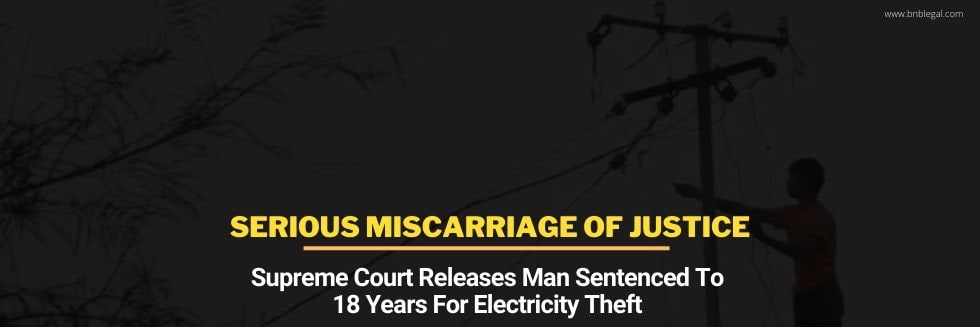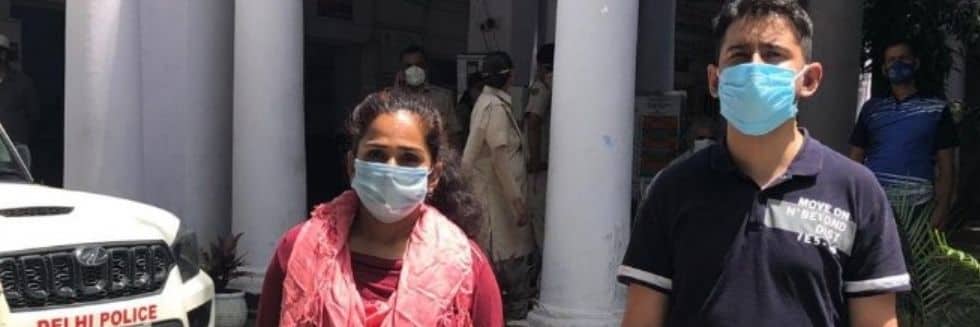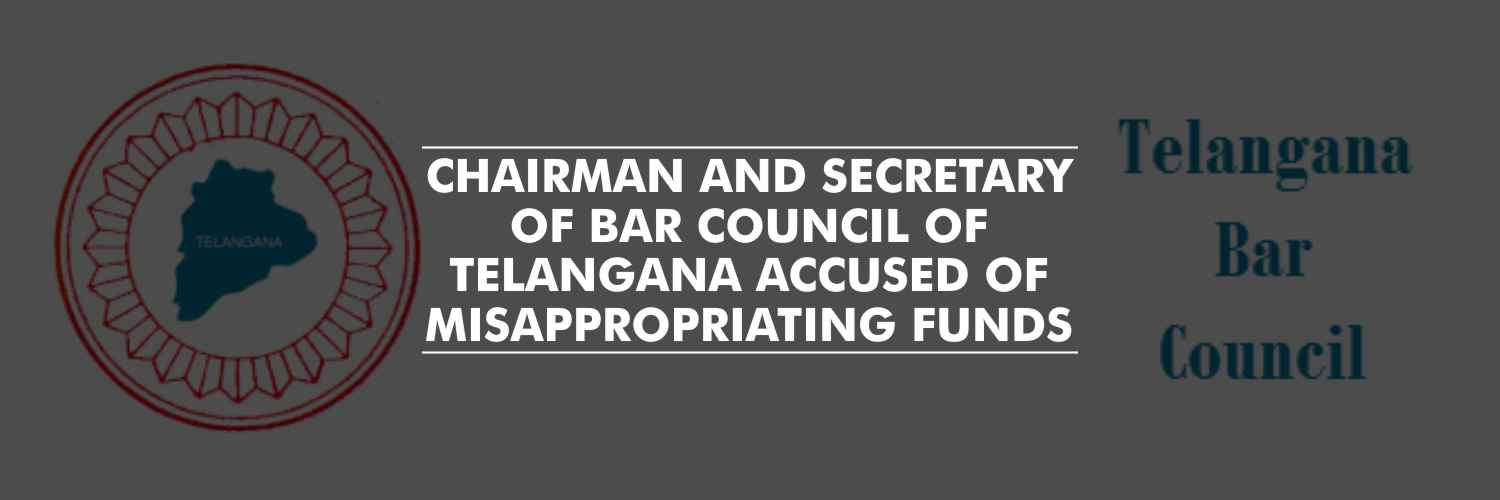Coming to the rescue of a man who was convicted in nine electricity theft cases and was sentenced to nine jail terms of two years each to run consecutively, Supreme Court ordered his release. The accused has already gone 7 years of sentence. The bench clarified that the sentences awarded by nine Session trials would run concurrently.
The apex court led by CJI DY Chandrachud stated, “No case is too small for the Supreme Court. What are we doing here if we don’t act on personal liberty issues and provide relief? If the Supreme Court does not intervene in such cases, why are we here? No case is too big or too small for the Supreme Court. We are here to hear the cry of such petitioners. In such cases, we work until the wee hours of the morning.”
This came after Union Law Minister Kiren Rijiju had commented in the Parliament this week that the Supreme Court should not be hearing bail applications and should rather hear constitutional matters.
“If the Supreme Court starts hearing bail applications or frivolous PILs, it will cause lots of extra burden… More than 4 crore (40 million) cases are pending in trial courts where the government has a stake. We give money, support to create better infrastructure. But we have to ask the judiciary to ensure that only deserving people are given justice,” he said in the Parliament.
The accused accepted plea bargaining and was awarded 2 years of imprisonment in each of the nine cases. As the Court held that sentences have to run consecutively and not concurrently which ultimately resulted in 18 years of sentence.
The appellant approached the Supreme court after Allahabad High Court refused to order that his sentences should run concurrently.
The bench stated, “If we don’t interfere in matters of personal liberty, and we don’t order the release of this person, then what are we here for. We are then acting in breach of Article 136 of the Constitution.”
When the bench sought assistance, Senior Advocate and former Madras High Court judge S Nagamutu stated that this becomes a life sentence and High Court order was incorrect.
“Therefore the need for the Supreme Court. When you sit here, no case is too small for the Supreme Court and no case is too big. Because we are here to answer the call of conscience and the cry for liberty of the citizens. That is why we are here. These are not one off cases. When you sit here and burn the midnight oil, you realize everyday there is one case or another like that,” CJI Chandrachud.
The bench noted that it is in seemingly small routine matters that issues of moment, both in jurisprudential and constitutional terms, emerge.
It added, “The right to personal liberty is an inalienable right. In attending to such grievances, the Supreme Court performs its duty, no more and no less.”
“The facts of the present case provide another instance, a glaring one at that, indicating a justification for this Court to exercise its jurisdiction as a protector of the fundamental right to life and personal liberty inherent in every citizen. If the court were not to do so, the serious miscarriage of justice of the nature which has emerged in the present case would be allowed to persist and the voice of the citizen whose liberty has been abrogated would receive no attention,” the order reads.
The bench further stated, “The history of this court indicates that it is in the seemingly small and routine matters involving grievances of citizens that issues of moment, both in jurisprudential and constitutional terms, emerge. The intervention by this court to protect the liberty of the citizens is hence founded on sound constitutional principles embodied in Article 136 of the Constitution. The right to personal liberty is a precious and inalienable right recognized by the Constitution. In attending to such grievances, the Supreme Court performs a plain constitutional duty, obligation and function; no more and no less.”
All said and done, you cannot elevate the theft of electricity to murder, CJI Chandrachud said.
The appellant was convicted under Section 136 of the Electricity Act, whereas the conviction was for an offence under Section 411 of the Indian Penal Code (IPC).






